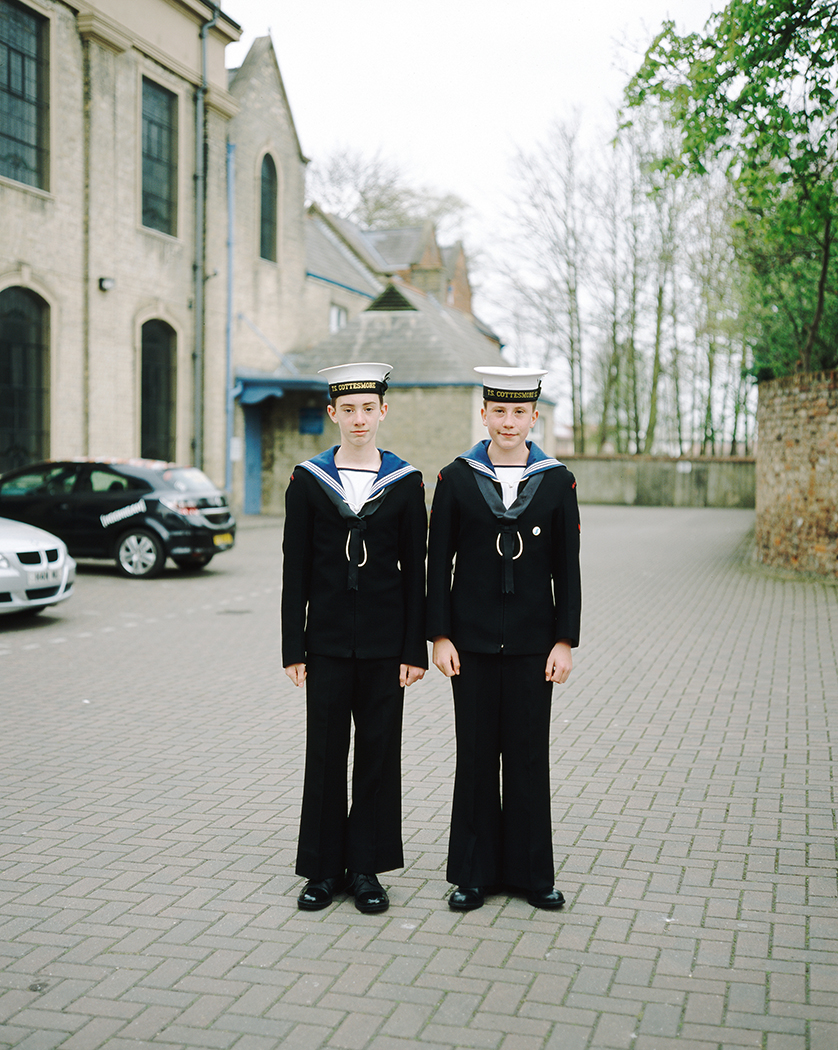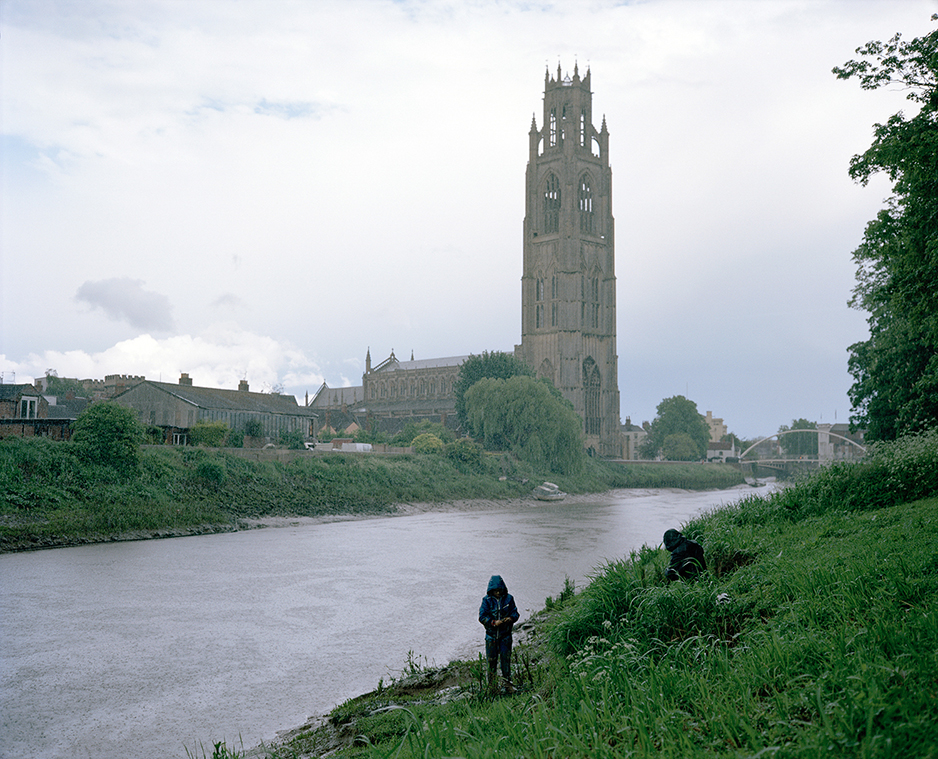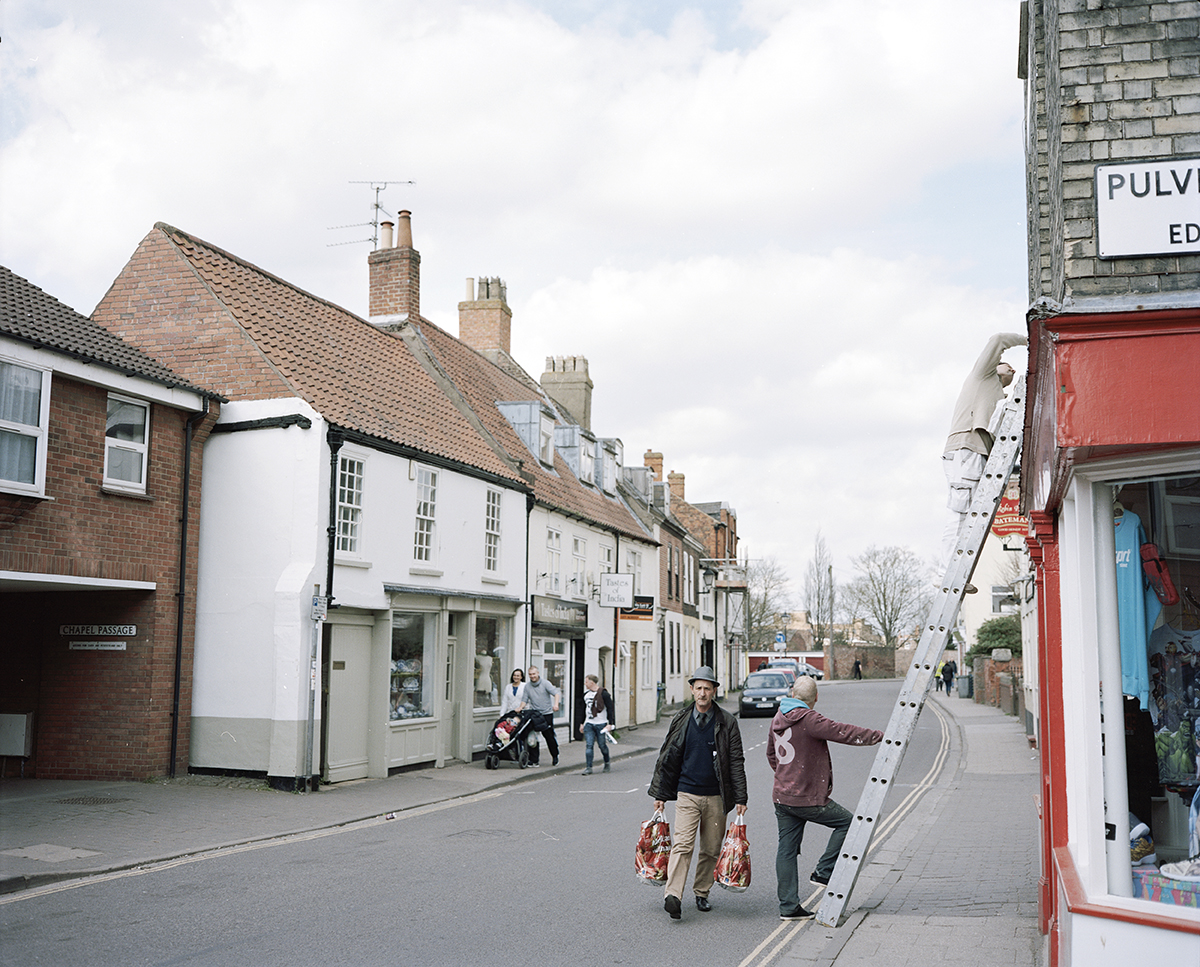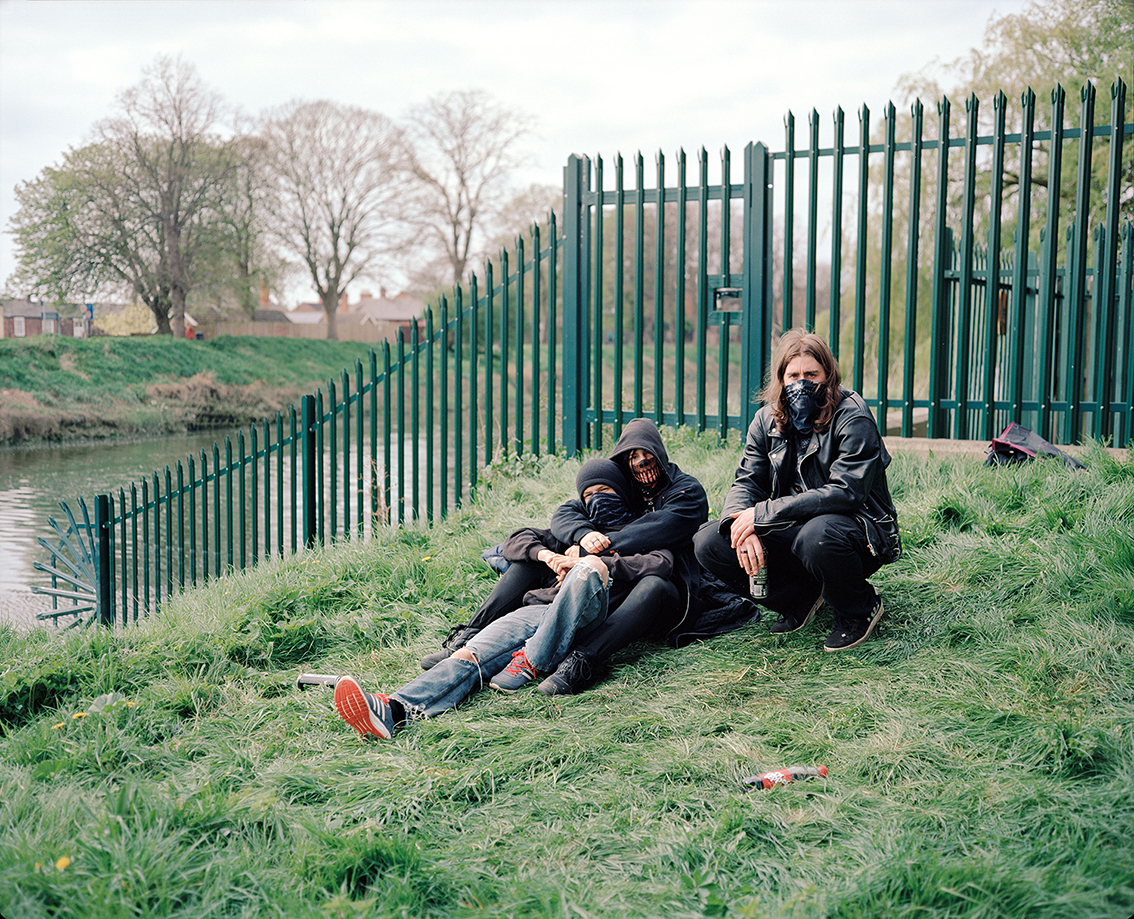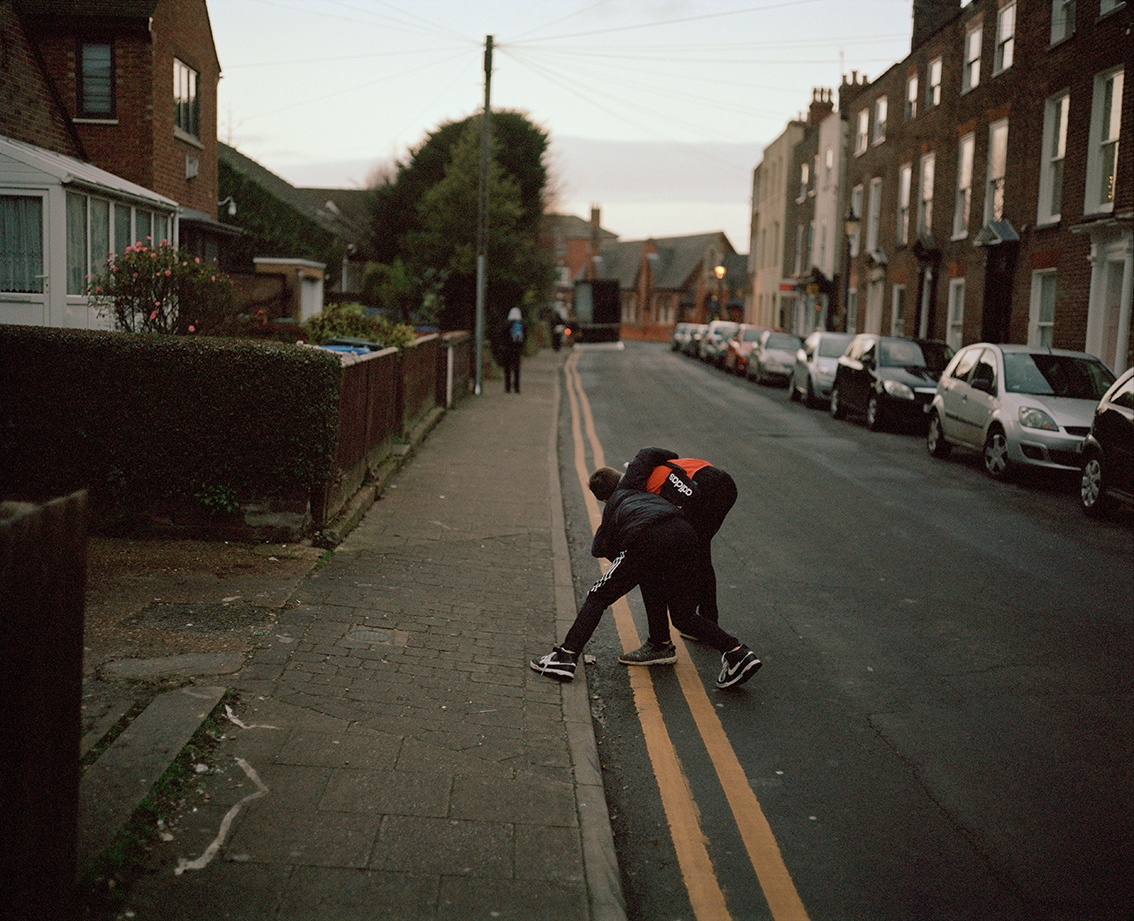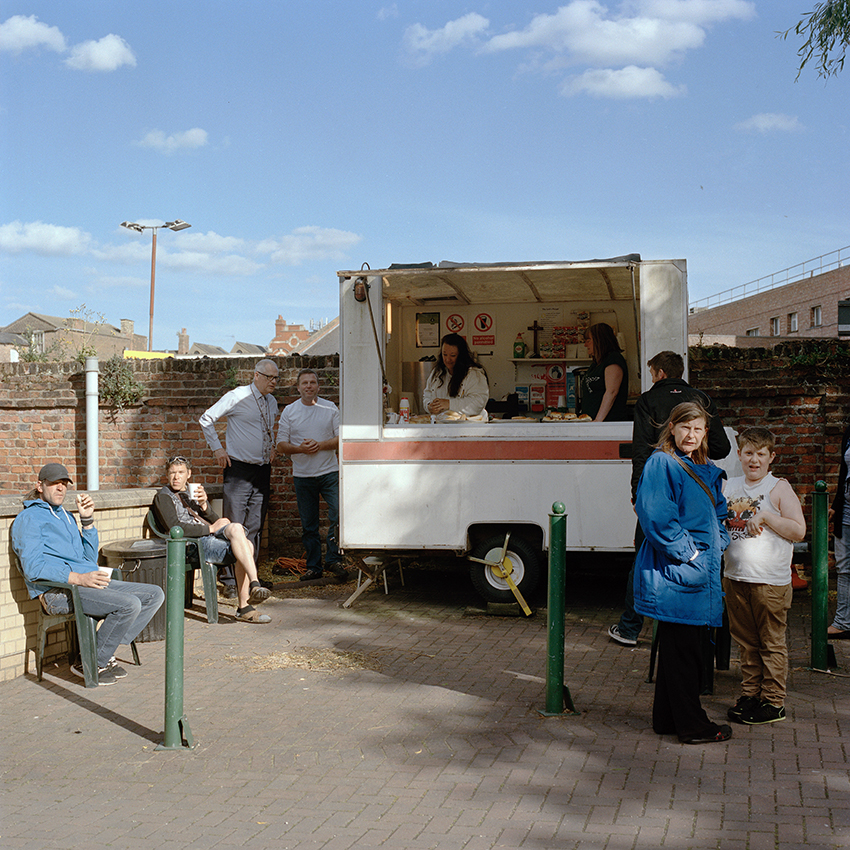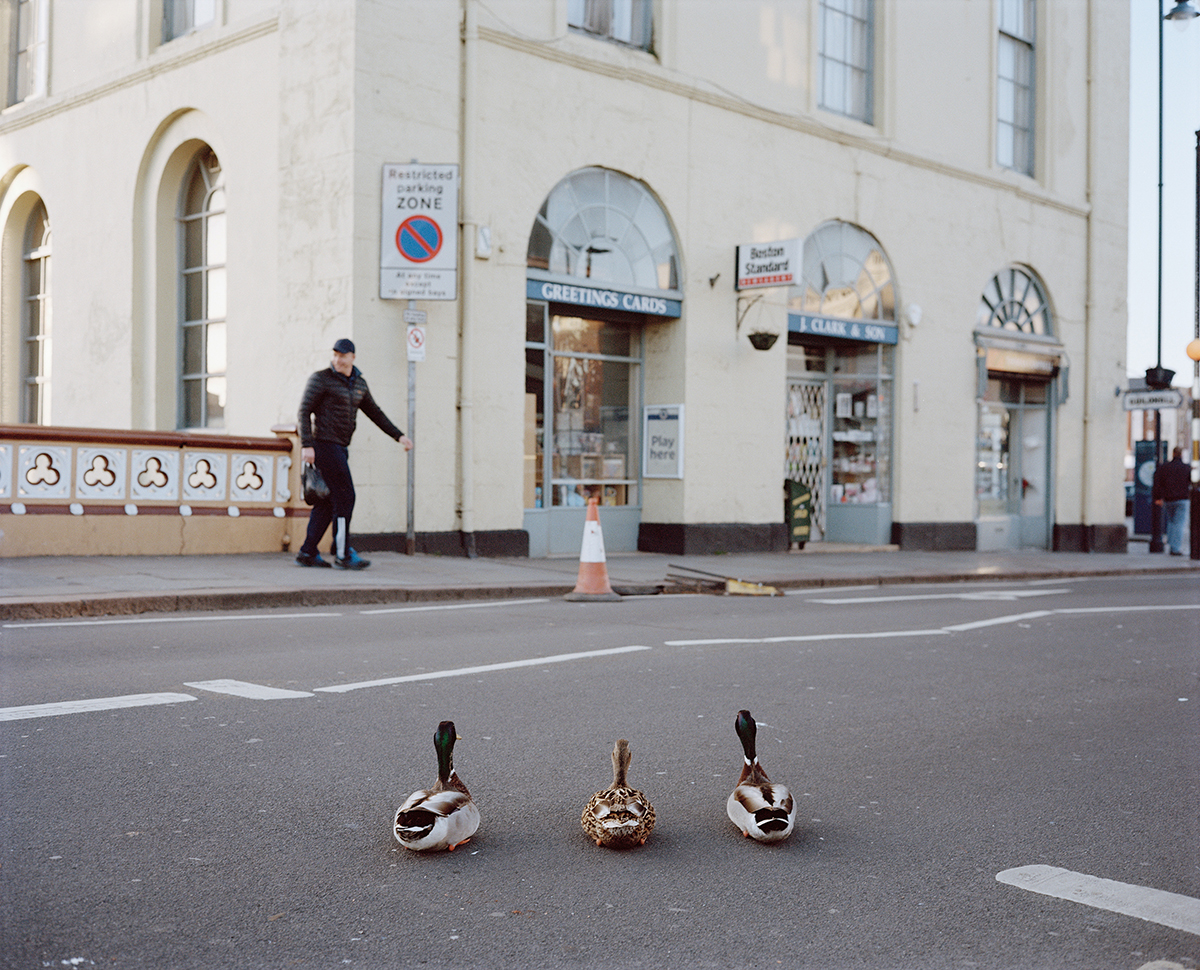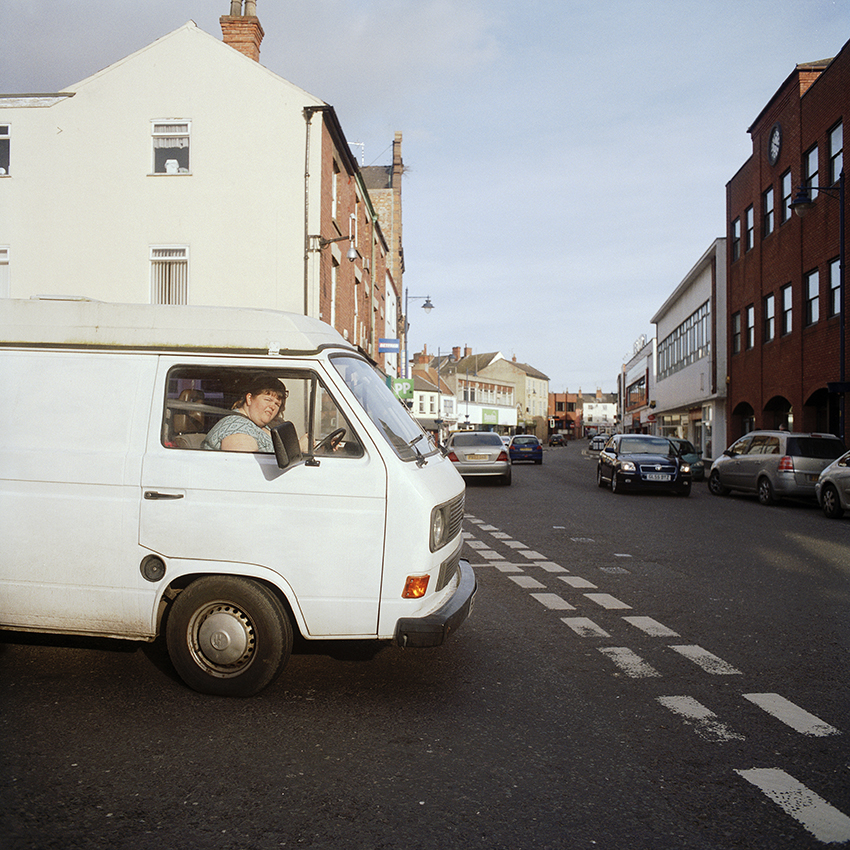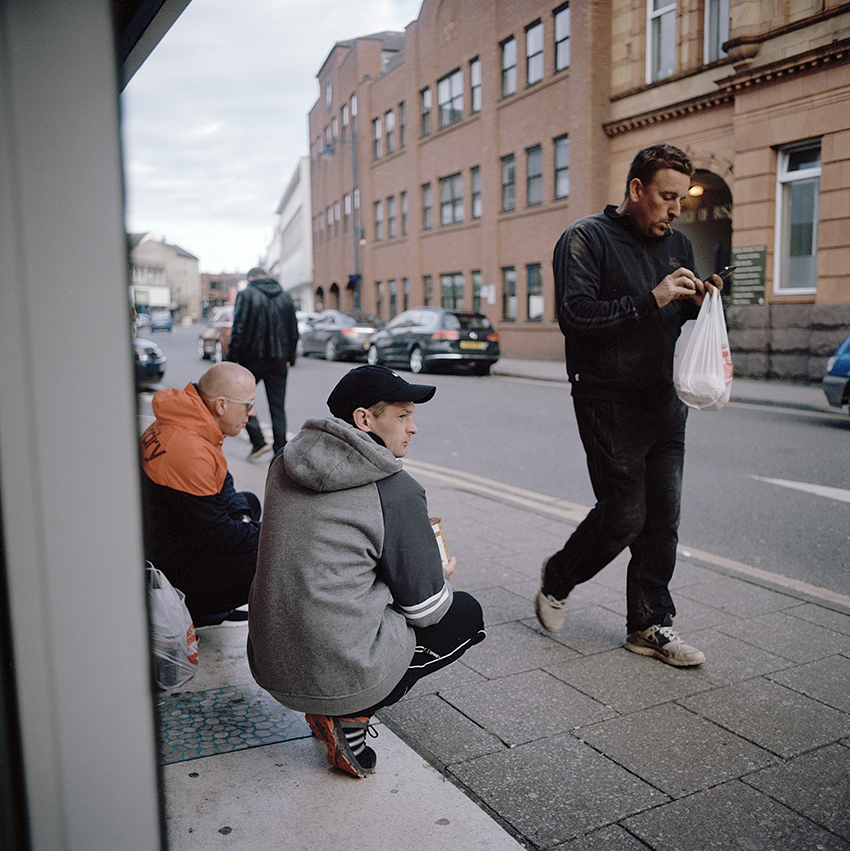““The residency at Docking Station was truly inspiring. My time was filled with meeting various people who shared their knowledge and helped to move my story forward. I received a lot of food for thought which I was able to digest while living at the Docking Hub next to the river IJ and while being in a culturally rich place like Amsterdam. I am grateful for the attention and generosity of Marga and Anaïs; they made me feel at home.””
DOCKER #17
DEIVIDAS BUIVYDAS
F(L)IGHT is a personal and thoughtful reflection on the current state of the UK and the EU. Boston (UK) is an example of the impact of the reaction against the EU’s rules on freedom of movement and the different communities it affects: the ‘local’ and the ‘migrant’.
Boston registered the highest Leave vote in Britain, at 75.6 per cent. It has been dubbed ‘the capital of Brexit’. But even before the referendum, Boston held a reputation as the UK’s most anti-EU town, due to growing tensions about the increasing number of immigrants settling there from ‘new’ EU countries.
The project could almost be considered an anthropological study—it finely touches the subjects of migration and the sense of belonging, losing one’s roots, cultural heritage, and connections with loved ones.
Who? Deividas Buivydas
From Lithuania
Docking March 1 - 27 2018
Working on 'F(L)IGHT'
About Migration and the sense of belonging
http://www.davidphos.com
Growing up in Lithuania, Buivydas moved to the UK in 2010, aged 16, relocating to Lincolnshire two years later. He explored and familiarised himself with these new surroundings through photographing the town and its inhabitants. Moving to London to study photography at the University of Westminster, for his final year project Buivydas returned to Lincolnshire to photograph a small market down dubbed “the face of Brexit”. His work has been featured in a number of publications, including Fisheye Magazine, Calvert Journal, HUCKand It’s Nice That.
ambassador
FERGUS HERON
Photographer and Senior Lecturer in Photography in the College of Arts and Humanities at the University of Brighton
I find Deividas’s work fascinating because of its clarity of vision and engagement with everyday lived experience. It engages with and restates the currency and vitality of documentary photography, understands the correlation of social and aesthetic concerns and visualises them to great effect.
The project F (L) IGHT approaches a set of interrelated questions about place, history, identity and belonging. There is a strong sense in these photographs that the photographer lived and worked in the town and with members of the community depicted. A rare sense of empathy and critical distance is visible. These are highly considered photographs, socially engaged and poetic. I expect Deividas’s residency at Docking Station to present great opportunities for further exploration and development.


